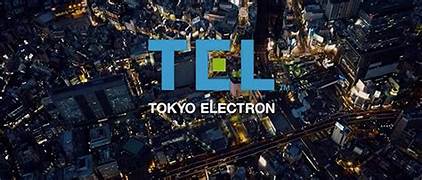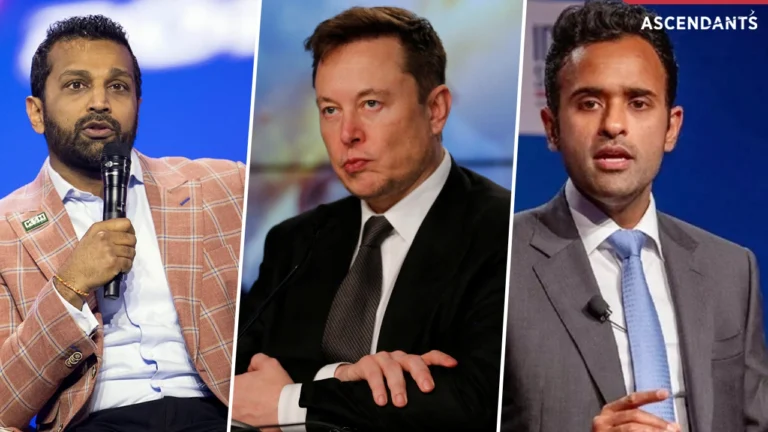Tokyo Electron Ltd., Japan’s largest semiconductor equipment manufacturer, plans to enter the Indian market, taking steps toward implementing a key initiative by Indian Prime Minister Narendra Modi to increase semiconductor manufacturing within the country. The company will begin recruiting and training homegrown chip engineers in about 2026, said Toshiki Kawai, chief executive of Tokyo Electron. Their primary job would be to provide technical support to Tata Electronics Pvt., he added.
Even though the company does not want to reveal the exact number of hires, it will strengthen its workforce through in-person and remote training from Japan.
India is also trying to attract more international electronics and chipmaking companies to shop there. The Modi government plans to do this to bridge technology gaps with more advanced economies.
Major companies such as Apple Inc.. are ramping up the production and sales of iPhones in India, as the Tata Group invests heavily in semiconductor fabrication facilities, which the government is incentivizing with perks including equipping and other trappings of the business, Tokyo Electron being one of them.
Shares in Tokyo Electron jumped nearly 6% on Friday after trading started without the shares, bringing entitlement to its next dividend. The company looks forward to recruiting 10,000 individuals to its global workforce in the coming five years to equip itself with the local chip manufacturing capabilities each country desires to develop.
Tokyo Electron supplies equipment to many of the world’s leading players, such as Taiwan Semiconductor Manufacturing Co., Samsung Electronics, SK Hynix, and Intel. The company expects record revenue and operating profit for the fiscal year ending in March, based on the forecast of doubling overall chip demand by 2030, driven primarily by breakthroughs in artificial intelligence, autonomous vehicles, and energy efficiency.
Despite pressure from the United States on Japan to tighten up export restrictions on advanced chipmaking technology to China, Kawai believes that demand for chipmaking equipment around the globe will remain strong. “The importance of semiconductors remains unchanged,” he said in an interview. “There will always be investment somewhere.”
Tokyo Electron said this month it will assist Tata Electronics in training staff on equipment that manufactures chips and aid in its research and development. The government of India has approved over $15 billion in semiconductor investments, including a planned $2.75 billion assembly plant by Micron Technology Inc. and a tie-up between Israel’s Tower Semiconductor Ltd. and billionaire Gautam Adani for a $10 billion fabrication plant in western India.
Kawai said that sales to China, which accounted for nearly 50% of Tokyo Electron’s revenue in the June quarter, will fall below 40% in the coming months. He said India won’t replace the Chinese market; instead, he sees growth in addition to China’s existing demand.
The company will focus its operations on grabbing market share from Applied Materials Inc. rivals and is in the process of getting certified for mass production capability in cryogenic etching technology. Lam Research Corp., a U.S.-based rival, holds the most sway. Tokyo Electron specializes in silicon development, patterning, and cleansing machines.
While its stock price is bouncing around and up 7% this year after peaking in April, Kawai said demand for AI-related servers and hardware remains strong. However, he advises that AI should not be the primary driver for semiconductor growth either, saying, “There’s so much more potential for growth beyond AI.”








